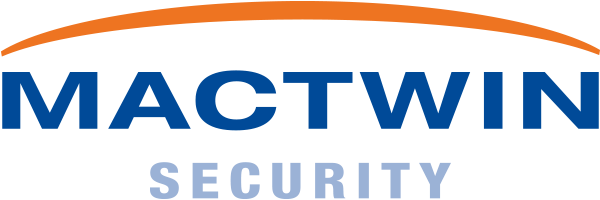A video management system (VMS) can be used for a variety of purposes. In this article, we explain how a smart VMS can contribute to optimizing production processes.
A video management system is ideal for monitoring automated processes. It enables rapid detection of problems so that immediate action can be taken.
Business Continuity
The advantage of a VMS is that it can remotely observe where a problem occurs and what action needs to be taken. In the case of irregularities, the production process can be automatically halted. It is crucial to ensure business continuity, as downtime means lost time and money. A VMS therefore not only offers a solution, but pays for itself in the short term.
Immediate insight
When a problem is detected, a video management system provides immediate insight and overview. Through the smart use of AI algorithms, relevant data is recorded by the VMS. The collection of the right video footage allows for later analysis. Thanks to the analysis function, specific events can be searched for in the video images, saving valuable time.
Quick Overview
The video images can also be indexed based on metadata. Indexing information, such as time and date, offers the significant advantage of quickly determining when and how often a specific incident occurred within a certain period. This contributes to accurate problem detection and efficient resolution, which further optimizes production processes.
Privacy
When deploying cameras, one must take the GDPR legislation into account. When implementing a VMS, it is important to consider employee privacy. Mactwin is happy to advise on how privacy can be safeguarded. There are various methods to ensure the system is GDPR-compliant.
Training
In addition to monitoring the production process, a VMS can also be used for training purposes. A selection of video recordings can be used to familiarize new employees with the common problems and related follow-up.
